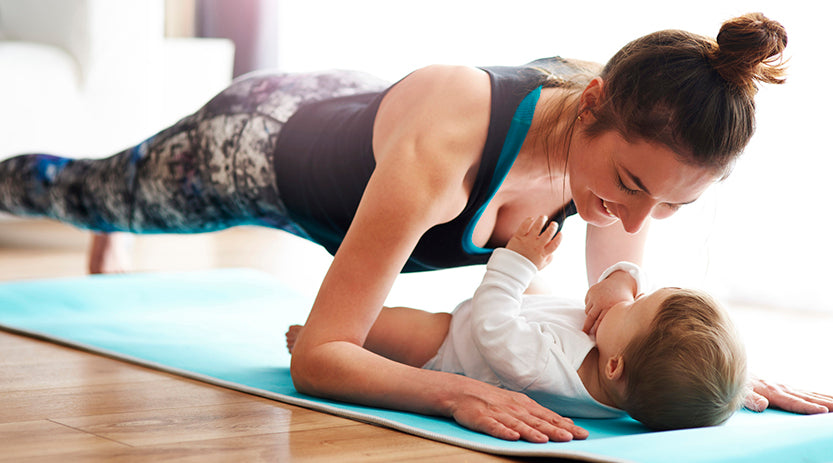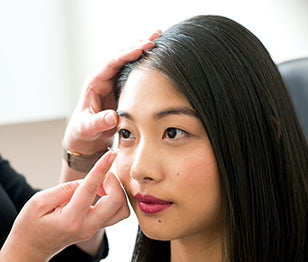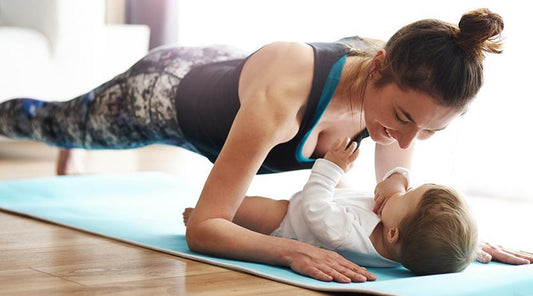Are contact lenses right for you?

Many people love wearing contact lenses because they’re fuss-free, give you more flexibility, and you get a whole new look without the need to wear glasses. But they might not be right for everyone.
So what are they? Well, contact lenses are basically synthetic lenses that float on the surface of the eye, sitting lightly on the tear film that covers your cornea. They’re made of special types of plastic – and although small, they’re powerful for correcting most vision problems, including long-sightedness, short-sightedness and astigmatism (blurred or distorted vision). And of course, they can also be worn for purely cosmetic reasons.
Fuss free flexibility
We all know glasses can be fussy things, and a pain to clean (and find!). That’s why Bupa optometrist Karen Makin says contact lenses offer convenience that glasses don’t - but you’ll still need to have a good pair of glasses on hand for times when contacts aren’t recommended.
“Contact lenses are fantastic for people who play sport or are active in other ways – for example, playing with the kids, conducting physical work or going to the gym, and may not want to wear glasses,” she says. “People over the age of 40 or 45 often think that they can’t wear contact lenses, but there are contact lenses for them too. And some people just love the new look they get from them.”
What does vision with contact lenses look like?
Click and drag the image below to see how content lenses can change your vision.

Can everyone use contact lenses?
Occasionally, an optometrist will notice an eye health issue that makes you unsuitable for contacts. “The optometrist is the person who will ultimately determine whether you’ll be suitable for contact lenses or not,” advises Makin. “And even if they do, you’ll need to be prepared to comply with your optometrist’s instructions, including thorough hygiene requirements".
So what conditions might not be good for wearing contact lenses? You might not be suited to contact lenses if you have:
- Very dry eyes
- Allergies
- Illnesses such as arthritis or diabetes
- A job involving chemicals
- Regular exposure to dusty environments.
The best advice? Speak to your optometrist, and they’ll guide you to the best result for you. It’s also good to know that Bupa Optical optometrists offer free trial contact lenses so you can get used to the feel of contacts (consultation fees may apply). Find out how you can get contact lenses.
Need more info?
For more information about what contact lenses do, read our need-to-know guide. For more information about the different types of lenses, read about which type of contact lenses might be right for you.

We're here to help
Ask your optometrist if you have any questions about contact lenses or book a contact lens fit or refresh appointment today.
You might also like to read...
View all-
A little about Orthokeratology
Are you looking for a solution that doesn’t involve invasive procedures or surgery? Orthokeratology may be your answer…
Contact lenses guideA little about Orthokeratology
Are you looking for a solution that doesn’t involve invasive procedures or surgery? Orthokeratology may be your answer…
Read more -
Contact lenses 101: your need-to-know guide
How do teeny-tiny bits of plastic help you see better? Here’s an explainer on how contact lenses work.
Contact lenses guideContact lenses 101: your need-to-know guide
How do teeny-tiny bits of plastic help you see better? Here’s an explainer on how contact lenses work.
Read more -
Are contact lenses right for you?
Contact lenses are popular for a reason – they make life much easier for many people with vision issues. However, they might not be the right option for everyone.
Contact lenses guideAre contact lenses right for you?
Contact lenses are popular for a reason – they make life much easier for many people with vision issues. However, they might not be the right option for everyone.
Read more






